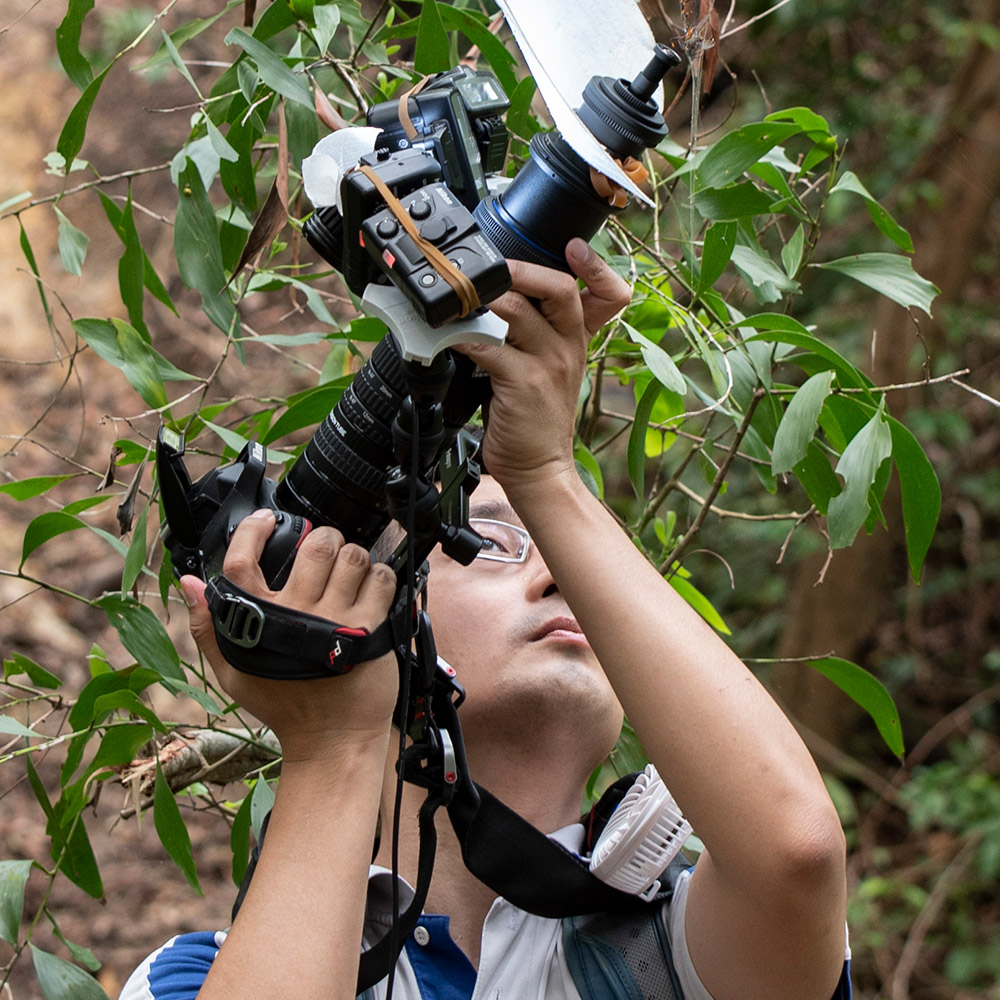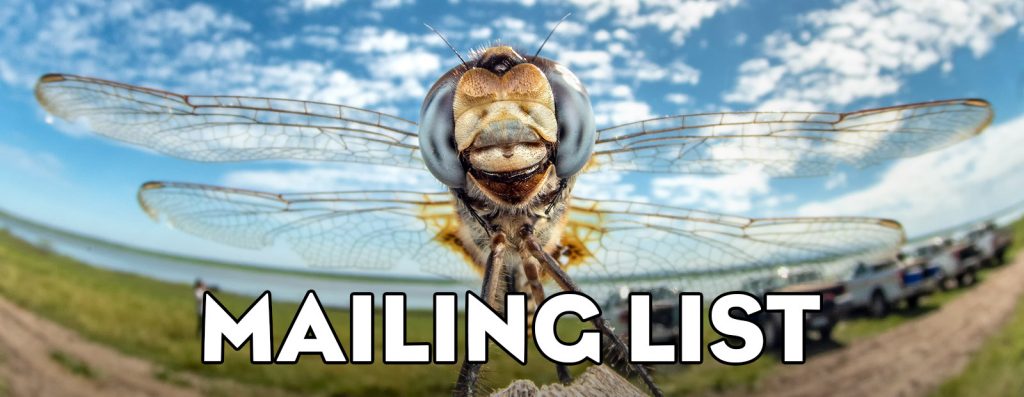Image Use Ethics
Redistribution of images online, especially on social media platforms, has become rampant. Unfortunately, it has also gotten out of control, leading to many disputes between photographer and site/page owners over how their photos are being used. Here are some basic guidelines pertaining to image use. I hope it will be helpful to both photographer and site/page owners.
Ethical Importance of Copyright
Why does one need to respect copyright? Many internet users fail to acknowledge the need to explicitly recognize a photographer’s efforts in creating a photograph and feel that everything on the internet is free to take and steal.
-
Costs borne by the photographer
Many mistake a photograph to be free because it only takes a press of a shutter button. But is that really true? Please consider these costs:
- Camera, lens, flash, other expensive photographic equipment
- Transport, accommodation and other travel expenses to arrive at shooting location
- Computer, disk storage, software for post-processing and storage
- Time spent in preparing for the shot
- Potential danger faced when taking the shot (venom? heights? water mass? bacteria?)
- Professional expertise
-
Why credit, linkback or buy photos from photographers?
Other than the obvious facts that you are ethically obliged to credit the photographer who had put in a lot of time, effort, money and skill into the photo, there are other benefits.
-
Avoid copyright infringement problems
You may end up paying a lot more than just getting them officially. Read examples of copyright infringement penalties here and here.
-
Allow viewers to follow up
Allows viewers to contact photographer to obtain further information on the photo.
-
Uphold website integrity
Shows users that the website has the integrity to respect copyrights, it might make it easier to request for photos from some photographers as well.
-
Build working relationships
A good photographer would typically produce MORE good photos that you would be interested in. Building a good relationship with good photographers will be beneficial.
-
Income
Many photographers shoot for a living. They need their income to pay bills and put food on the table.
-
Feel good
This might sound silly, but do this right and you will feel good about it.
-
Common Myths and Excuses for Copyright Infringement
Many internet users are not aware of copyright issues and have some grave misunderstandings on the rules in cyber space, often leading to certain beliefs and reactions when photographers or content owners raise an issue when their copyrighted material is infringed.
-
“If it is on the internet, then it is free for all to use.”
First and most common myth. There is a lot of copyrighted content on the internet. Be it photographs, illustrations or literary work, all of them belong to the original creator unless the copyright has been given up. To be clear, there ARE some content online that are free to use, but that should never ever be assumed.
-
“There is no copyright notice, therefore it is not copyrighted.”
Copyright is attached as soon as the original work is created. This applies to both published and unpublished works. Do note that content without copyright notice may have already been stolen with the original copyright notice removed. Ignorance is not a good-enough excuse to use whatever one finds without a copyright notice.
-
“You should be grateful that I am sharing your content and raising your online portfolio.”
This is a decision entirely up to the copyright owner. Using copyrighted content without permission is a crime itself, attempting to paint oneself to be a saint in doing so just worsens it. Most copyright infringers do not even include proper credit for the content, or try to mask it by providing a linkback on an obscure part of their page. Despite all that, this “benefit” to the content owner should never be assumed. To be fair, there are instances where the content owner really benefits. However, do let the content owner decide if this is the way to go. Doing “advertisement” is not a legal reason to use the content without permission.
-
“You are just being greedy, I don’t ask for payment when others use my photo.”
Many content owners create content for a living. It is their “salary” which is being taken away when content is used without compensation.
-
“What’s your problem? You’re not losing anything when I use your photo/content.”
Simply re-distributing a potentially sales-worthy photograph may devalue it as it is automatically rebranded as “FREE”. Publications often value unique content, not just any picture freely shared on the internet.
-
“But I’m not even earning money from your content.”
Use of the copyrighted content generates traffic. Traffic is valuable and translates to money.
-
“All content on this site are collected from the internet, we are not intentionally distributing your work.”
By hosting it on public domain, there is no doubt in intention to distribute. This does not make any sense!
-
“Millions of people are doing it!”
Illegal acts do not become any more legal just because more people are committing the acts.
Facebook Photo Sharing
-
Facebook’s “share” feature is OK
“Redistribution of images” in this article includes re-uploading of any photo. It does not include the Facebook “share” feature, which essentially just points others to the source of the photo. It is assumed that any photo uploaded to a public Facebook album welcomes such sharing. Just make sure you do not re-upload the photo. Note that some versions of the Facebook mobile app uploads a copy of a photo when you attempt to “share” it.
-
Re-uploading images is NOT OK
Re-uploading any image not owned by you is not sharing – it is stealing to put it bluntly. Explicit written permission from the owner should be obtained before you upload any image not owned by you. Alternatively, use the “share” feature.
-
Facebook’s recommendation
“If you’re not certain that you are legally authorized to use the content, do not upload it to Facebook. If you have done so already, you should remove it. If you don’t own the copyright to content you wish to post, posting it without permission of the copyright holder might be a violation of the law.”
Excerpt from Facebook’s About Copyright page.
-
Consequences of copyright infringement on Facebook
Facebook has been acting on copyright infringement reports within a business day. The photo will be removed promptly. I have seen repeat offenders getting their Facebook accounts or pages terminated. Please do not let that happen to you.
Redistributing Images Online
Always assume that the photographer of any photo is the copyright owner. It is NOT OK to:
- Upload a copy of the image to your own website/page without explicit written permission from the owner.
- Resize, crop or manipulate the original image in any way not explicitly permitted by the owner.
- Remove, replace or insert any watermarks. Handling of watermarks should only be done by the copyright owner.
- To be clear, the above also applies to videos, animations, print materials and any derivative works.
What if you wish to upload a beautiful image that you found online with no watermark or hint of the owner?
-
Locate and contact the image owner
Do a reverse image search to find other sites hosting the image. READ the content of the sites to find out if they specified the owner of the image, and look for the photographer’s contact. The photographer put in a lot of effort and money to produce the image. You could easily spare a few minutes to do this. “No time” and ignorance is not an excuse.
-
Avoid wrong credit
NEVER credit “Google Images”, image aggregators, nor any news agency. They are definitely not the owners of the images.
-
Pass when in doubt
If in doubt, do not use the image. It does not kill you to pass up on a pretty image, but can land you in trouble should you misuse it. Ignorance is not a valid excuse.
Handling Image Infringement
Many photographers find their photos illegally used on the internet, and do not have a clue to the right route of action to take. How does one ensure justice is done professionally?
-
Collect evidence
Keep screen captures of the website and note the date down.
-
Contact page owner
Try to locate the contact of the page owner. For many websites, it is under the Contact Us link. For Facebook pages, try to send a message to the page. When all else fails, locate the registered domain owner via a WHOIS search.
-
State the infringement
Specify the URL where your copyright was infringed, provide evidence that you are the owner, and that they have infringed your copyright.
-
Negotiate resolution terms
State your terms for resolution. Some common ones…
-
Ask to add prominent credits and linkback
State the name/moniker which you wish the image to be credited to, and the URL to your page. The word “prominent” is not superfluous. Some rogue page owners function on borderline honesty and will only add your credits and linkback in some obscure corner of the page.
-
Request removal of content
This option is usually taken when the used image is of poor quality compared to the original, when the image has been manipulated in any way, or if you just don’t want the page to host your image for whatever reason.
-
Issue post-licensing invoice
Invoices are usually issued to entities that are obviously making money out of your content. If you are new to this, please do your homework and invoice an amount reasonable in the industry. Overcharging won’t get you anywhere, and undercharging devalues the works of other photographers out there. Punitive charges might sometimes be included if the infringement is more serious, such as removal of watermarks or defacing your photo.
-
Legal action
This route is usually chosen when negotiation fails with the perpetrators, or when the unauthorized use causes irreversible damage that statutory damages have to be sought. For the latter, it helps a lot if the images in question have registered copyrights. Note that even if the copyright of the images were not explicitly registered, the perpetrators can also be liable for hefty license fees. In 2012, the court awarded $45,000 in licensing fees to Rosen after the web host failed to comply with the DMCA notices.
-
-
Maintain professional attitude
Avoid name-calling, profanities and curses regardless of how angry you may be. Be professional in your tone if you wish for a favorable reply, as many copyright infringements occur due to ignorance. Being rude also reflects badly on photographers and risks adverse effects on copyright prevention efforts. This should apply even if you get rude responses. Being professional may even convert the other party to your regular customer!
-
Removal / DMCA Takedown
Some websites provide avenues for you to report copyright infringements and will take down the content for you. Here are some helpful links. (contributions welcome!)
-
Contact advertisers
If negotiations fail, you could try bringing your case to the site’s advertisers. Many advertising platforms have strict policies against copyright infringement. Of course, this is definitely not your first option.
-
Legal action
For all legal issues, you should consult your attorney, not me!
What I have here is very brief. For more advice on handling copyright infringement, read this article on What Do You Do When Someone Steals Your Content.
Image Infringement Precautions
The best way to tackle a problem is to prevent it from happening in the first place.
-
Drastic measure
The only way to prevent online image theft is not to upload your image. I doubt any of you would take this route, but I have to state it anyway, it’s the truth!! 🙂 What we’ll discuss, is how to reduce image theft and make dispute resolution easier.
-
Low resolution
You are probably only sharing your photos for an online portfolio for web consumption. Just upload the minimum resolution required for viewing, and never the full resolution image.
-
Copyright notice
The recommended way to phrase a copyright notice:
(© or “Copyright”) (YEAR OF FIRST PUBLICATION) (NAME)
e.g. ©2020 Nicky Bay
Thanks to Joe Lapp for highlighting this. -
Watermarks
Watermarks are a form of auto-crediting and removes a lot of work if you don’t mind your images being shared or used so long as viewers can trace it back to you easily. It also eliminates the common excuse of not knowing who to credit. If you have no clue how to create or add your own watermarks, check this page on How to Watermark Your Photos. It will be ideal to include your copyright notice and site URL in your watermark.
-
Image use policies
State your conditions of use for your images clearly on your website. Be aware that many commercial entities like to declare themselves as “educational” in hope of free use of photos.
-
Proactive check for infringement
Use a reverse image search to proactively locate possible image infringements. If you catch it earlier, you may reduce the chance of an image with removed watermark from being spread. I was late in checking by a week, and ended up with over 50 individual pages reusing a photo that had my watermark removed. Til now, I still do not know the original culprit.
Past Cases of Copyright Infringement
Read about how some copyright infringement cases turned out – it is a serious matter so please don’t take it lightly.
- Bloggers Beware: You CAN Get Sued For Using Pics on Your Blog – My Story
- Legal Lesson Learned: Copywriter Pays $4,000 for $10 Photo
This article is constantly being revised. Constructive feedback is always welcome!















Giorgio Pattarini
Hello
I’m an amateur photographer from Italy; I write you because of your nice “macro fisheye” photos
I’m working on a similar (maybe improved) setup, and compiling a webpage on the subject (the one linked above).
I’ve linked your works a couple of times: your setup (Fisheye lens M12 + Laowa 100mm 2x) looks the most effective so far.
Could you please tell me some details about it? I’ll put them in my comparisons
Like:
total magnification
relay setup (fisheye magnification, diopters + Laowa magnification, spacings)
Max nominal aperture usable / max NA /
center resolution and/or total useful resolution of the images
Also good if I can use one of your photos to put in the examples.
What you’ll get in exchange?
Well, no money…. you get access to detailed knowledge of wide angle macro relay setups, and maybe, well probably, I can offer you a lot of WORKING DISTANCE (wide, but not fisheye)
Greetings
Giorgio
Stavanger Norway
+47 98004058